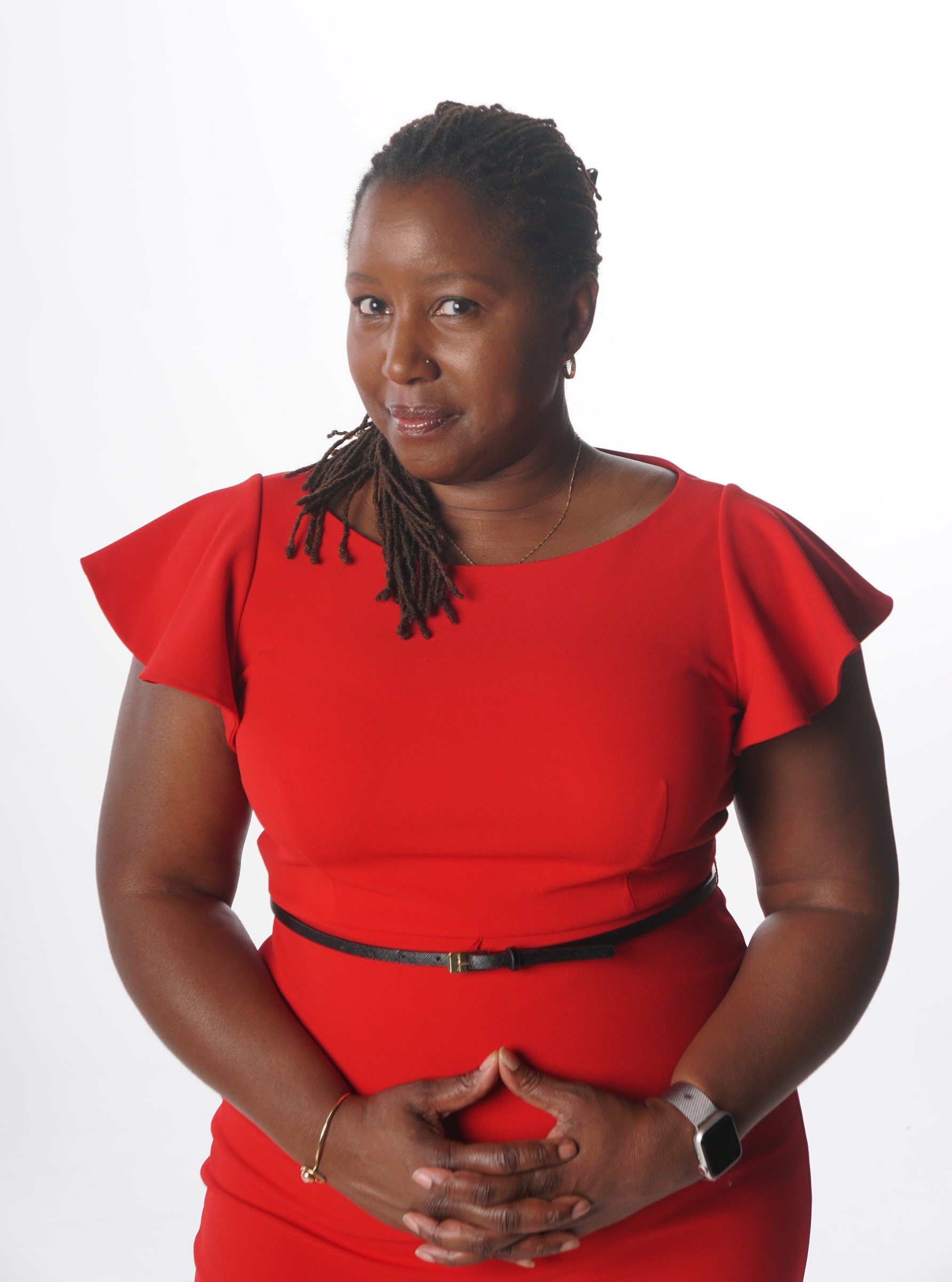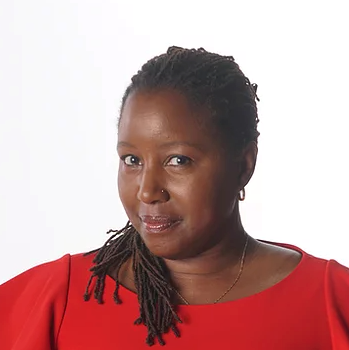A Path for Future Leaders

Dozens of administrators, artists, and creators came together virtually on April 9 for OPERA America’s sixth annual Backstage Brunch: Empowering Women in Opera, a fundraiser that supports OA’s Mentorship Program for Women Administrators. The event featured interviews with past mentorship participants, as well as performances of works by composers who have received OA’s Opera Grants for Women Composers. The centerpiece of Backstage Brunch was a keynote address by stage director Nataki Garrett. She recently directed Anthony Davis and Richard Wesley’s The Central Park Five at Portland Opera, which was in part funded by an OA Grant for Women Stage Directors and Conductors. Garrett, artistic director of Oregon Shakespeare Festival since 2019, reflected on the leaders who helped make her career possible and her commitment to a more inclusive art form. A condensed and edited version of her remarks follows.
As women directors of opera, we are following the path that was laid by trailblazers. And as a Black woman director in opera, I carry these trailblazers with me because I am still one of a very few in our industry. There are artists, such as Sissieretta Jones, the first African American woman to headline a concert at Carnegie Hall, in 1892; and Camilla Williams, the first Black woman to sign a contract with a major opera company, the New York City Opera. And of course, there was our powerhouse, Jessye Norman, who, when she was asked in 1983 about the influences in her career, spoke of Sissieretta Jones and others:
“They have made it possible for me to say, ‘I will sing French opera,’ or, ‘I will sing German opera,’ instead of being told, ‘You will sing Porgy and Bess.’ Look, it’s unrealistic to pretend that racial prejudice doesn’t exist. It does! It’s one thing to have a set of laws, and quite another to change the hearts and minds of men. That takes longer.”
Because of these amazing women who came before me, I am here as the sixth artistic director of the Oregon Shakespeare Festival (OSF) — the first woman to artistically lead a $44 million theater company and OSF’s first Black female in this role. It is the path others have paved that I am now walking on, and my goal is to continue forging ahead, extending the trail for future women+ leaders and leaders of color.
It is time to embrace inclusive practices so that everyone is welcomed in our administrative offices and board rooms, as well as in our theaters and on our stages. I feel very passionately about this — and this passion is in my DNA. I come from a family of artists and community organizers.
My grandmother, Lillian Venus Washington Thompson, was born in 1913 in Columbus, Ohio. The oldest daughter of 13 children, she left home in the 1930s for Washington, D.C., where she eventually took a job working for the Department of the Interior during WWII. During this time, she successfully organized to desegregate the lunch counter at her office building. She loved classical music, ballet, theater, and fine arts, and would often take me to dress rehearsals when I was a kid. She opened the door to the arts to me, and in doing so changed my life forever.
My mother, Cheryl Garrett, was a young revolutionary in the 1960s, and she fought with others in her generation to be taught Black history from before enslavement. Later in life, she became an educator and was a member of the California Teachers Union, still fighting for education and championing equity and workers’ rights.
My father, Jimmy Garrett, co-founded the Black Student Union Movement. In 1966, he enrolled at SF State with hopes to build a Black student movement from disparate student organizations, such as the Negro Student Association and Black graduate student organizations that already existed on campus. The SF State student strike of 1968, led by the Black Student Union and Third World Liberation Front, remains the longest student strike in U.S. history, having lasted for five months from November 6, 1968, to March 20, 1969. The strike notably led to the founding of the College of Ethnic Studies, the first-ever ethnic studies program in the country.
I am part of their legacy. As a director, I am a champion for inclusion, diversity, equity, and accessibility in American theater, and I tell the untold stories not historically seen on the main stage. I learned from a very early age, watching Swan Lake from the rafters of a theater in D.C., the incredible power that the theater and artists possess to move people, to make them think, to bring strangers together in fellowship. I understand on a deeply personal level what an incredible opportunity we have to help shape the hearts and minds of so many, on and off the stage.
I look forward to helping other women in the industry as we all forge a better path forward. I saw the benefit of women's leadership when I recently staged The Central Park Five for Portland Opera. In their roles as general director and artistic director, both Sue Dixon and Priti Gandhi leveraged their platform to bring a diverse perspective to the company — something that is critical to opera and the performing arts world. We must continue to place new people with different ways of thinking and bold ideas in as many leadership roles as possible.
As director of The Central Park Five, I was keenly aware that women directors in the opera world are rare — not because we are not capable, but because the systems of opera can be so constricting that they do not afford variations. The opera world can help shift the processes under which it operates and foster a culture in which women are not only welcome, but a necessary part of making change happen.
We as women in opera should celebrate ourselves, because a generation from now, there will be yet a new way of doing opera, and we will have played a part in the evolution. It will be more malleable, more open, and more aware of everything women can bring.
This article was published in the Summer 2022 issue of Opera America Magazine.

Nataki Garrett
Nataki Garrett is a stage director and the artistic director of the Oregon Shakespeare Festival.





